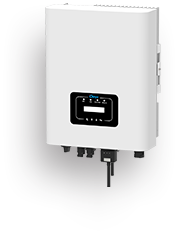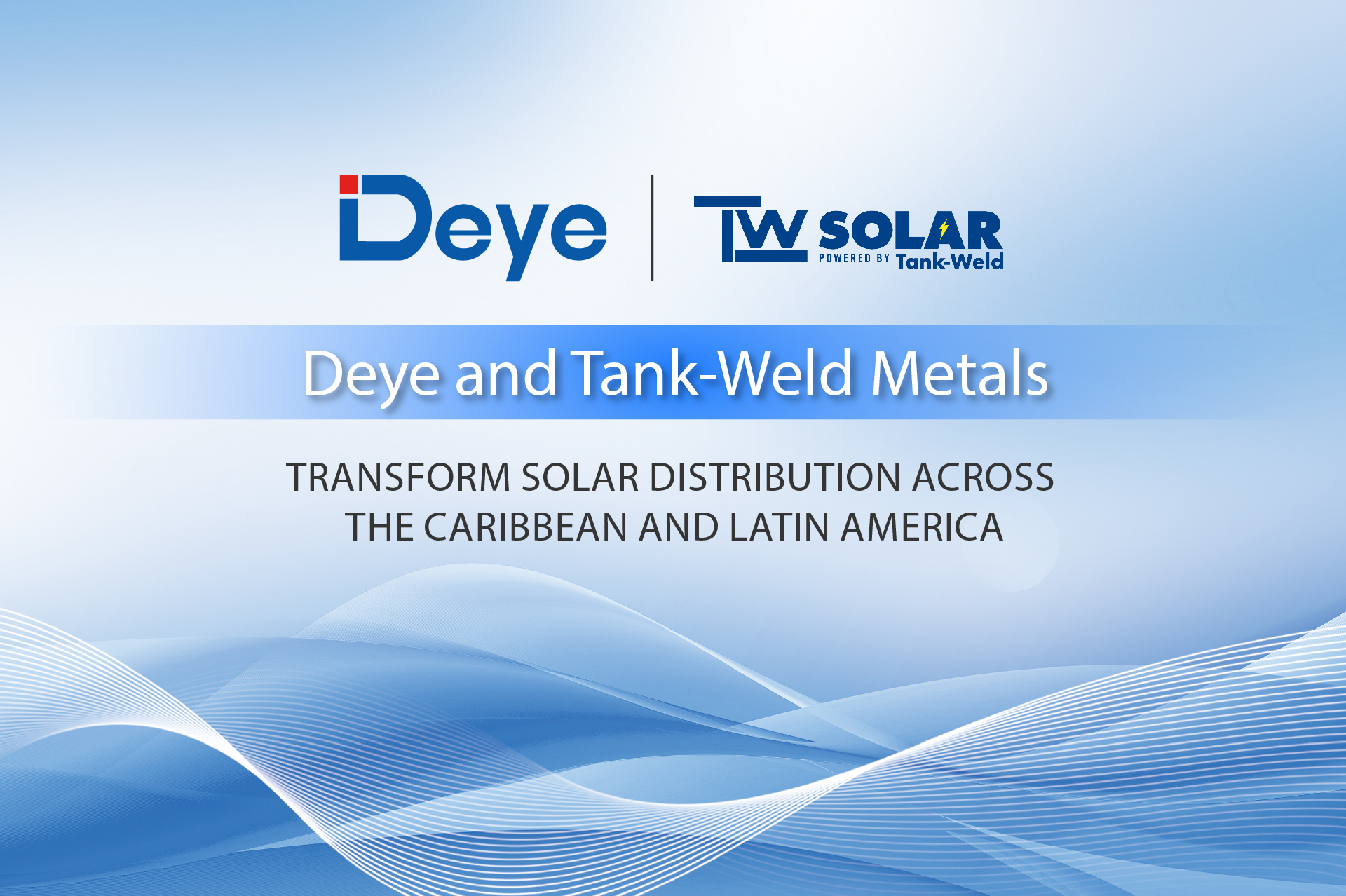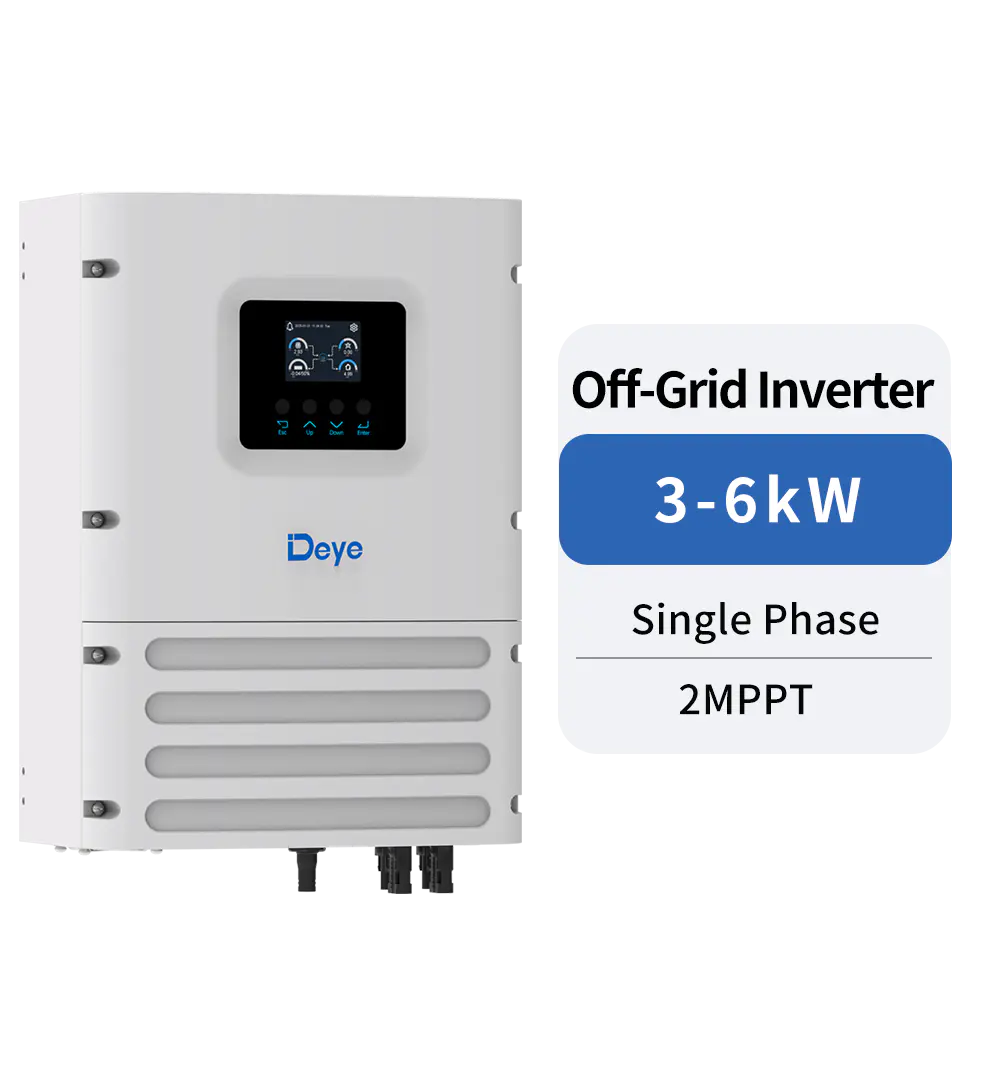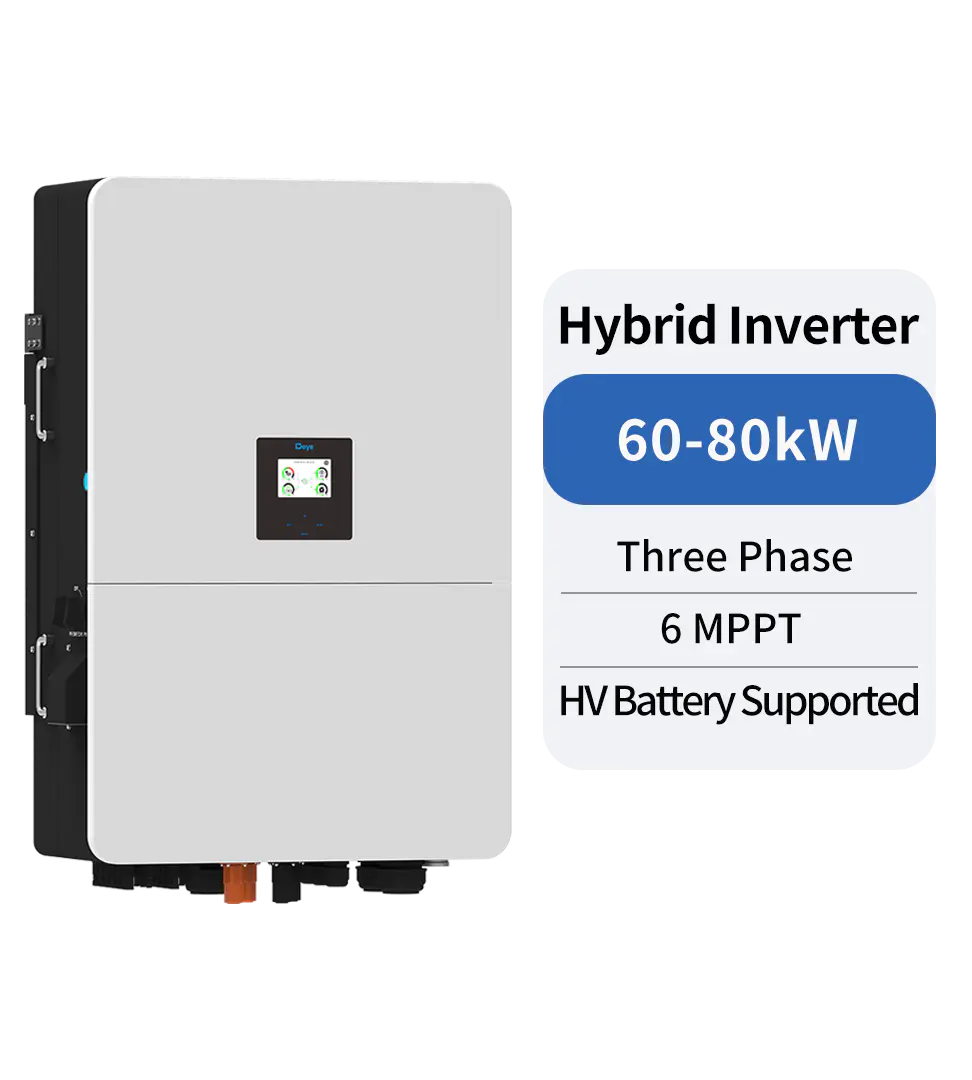Technical Topics
Deye Solar Inverter Review
A Solar Inverter is a useful piece of equipment if you plan on using solar power. It converts DC current into AC energy and charges a battery directly or indirectly. The inverter also uses various control algorithms to optimize the power generated by the solar panels. These control algorithms include MPPT, which stands for Maximum Power Point Tracking. There are different types of solar inverters depending on their purposes. Below is a comparison of the main ones.

Deye Inverter Technology Co., Ltd. is a guiding brand in residential solar power generation. It uses advanced computer controlled designs to improve conversion efficiency. The Deye inverter supports both DC and 48V off-grid systems. Its great performance makes it a wise choice for solar power systems. Moreover, it is highly affordable. To make your solar power system more effective, you should consider investing in a quality Solar Inverter.
A good Solar Inverter should come with a warranty that covers parts and labor costs for replacement or repair. Some warranties even cover the cost of shipping if the product fails. This warranty period typically ranges from a few years, but a good warranty is important if you plan to use your solar panels regularly. If you're concerned about the cost of the inverter, consider installing a TRACK system to track its performance.
The better solar inverter will also prevent inverter clipping, which occurs when the solar array reaches its DC max. power point. This prevents the system from exceeding its power output, and also ensures that it is working within its capacity. A solar inverter has a nameplate power rating that limits its max. output. When the power level exceeds this limit, it will clip. In other words, you will not overload your solar inverter.
There are also hybrid inverters. These are ideal for both on and off-grid applications. They utilize battery power to optimize AC loads and minimize electrical noise. These inverters are often used for audio equipment. However, they are not as cheap as traditional solar inverters. If you plan to use them, you must 1st install a battery bank. They also require special battery management systems. It is important to choose the right solar inverter for your needs.
Peak efficiency refers to the efficiency of the inverter at its higher and lower operating levels. However, this figure doesn't always apply to solar inverters, as it depends on the DC input levels. Moreover, it might not be reached often. To ensure better efficiency, look for weighted efficiency figures. These are more accurate gauges of the overall efficiency of the inverter. This is because peak efficiency isn't achieved every day, so the inverter's efficiency fluctuates throughout the day.
Micro-inverters are a great option for homeowners who want to maximize the power generated by each solar panel. Micro-inverters are smaller than string inverters, but they provide performance benefits, such as allowing monitoring of individual solar panels. Micro-inverters are also better suited for complex solar arrays, such as rooftops, where shading may be an issue. In addition, micro-inverters are also more affordable than string inverters.
The main role of the solar inverter is to convert DC electricity to AC electricity. AC is the standard electricity used by commercial appliances. Inverters are considered the brains of solar energy systems, as they convert DC to AC. This allows them to travel long distances while providing analytical data. Aside from that, solar inverters also serve as a gateway between the PV system and energy off-taker. You can use them to monitor the efficiency of your solar array, and also to store backup batteries.
A string of solar panels is a chain of panels strung together. These must all be the same pitch and orientation. You can connect several strings to a single solar inverter. Some string inverters feature multiple MPPTs. These are better suited for solar systems set up east/west. They also make grid connection easier and cheaper. You can even use these types of solar inverters in conjunction with grid-connected solar power systems.
PREV:What are type of Deye hybrid inverter
NEXT:Micro Inverter - Why You Might Need One For Your Home
Share
Product recommendations
news recommendations
-
 Deye and Tank-Weld Metals Announce Strategic Partnership to Transform Solar Distribution across the Caribbean and Latin America
Deye and Tank-Weld Metals Announce Strategic Partnership to Transform Solar Distribution across the Caribbean and Latin AmericaKINGSTON, JAMAICA – Ningbo Deye Inverter Technology Co., Ltd, through its Deye brand, a global leade...
-

-
 Green Industry, Bright Future: Deye Distributor Summit – Dubai 2025 Concludes Successfully
Green Industry, Bright Future: Deye Distributor Summit – Dubai 2025 Concludes SuccessfullyIn November 2025, Deye Group successfully hosted the “Green Industry, Bright Future—Deye 2025 Dubai ...

 China - 简体中文
China - 简体中文 Global - English
Global - English Brazil - Português
Brazil - Português Netherlands - Dutch
Netherlands - Dutch Italy - Italiano
Italy - Italiano Germany - Deutsch
Germany - Deutsch Spain - Español
Spain - Español France - Français
France - Français Vietnam - Tiếng Việt
Vietnam - Tiếng Việt Poland - Polski
Poland - Polski Australia - English
Australia - English Japan - 日本語
Japan - 日本語


